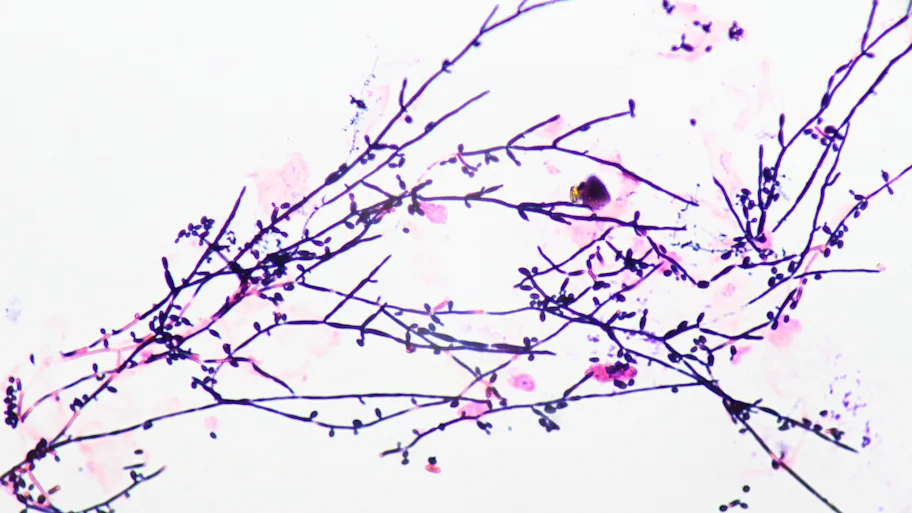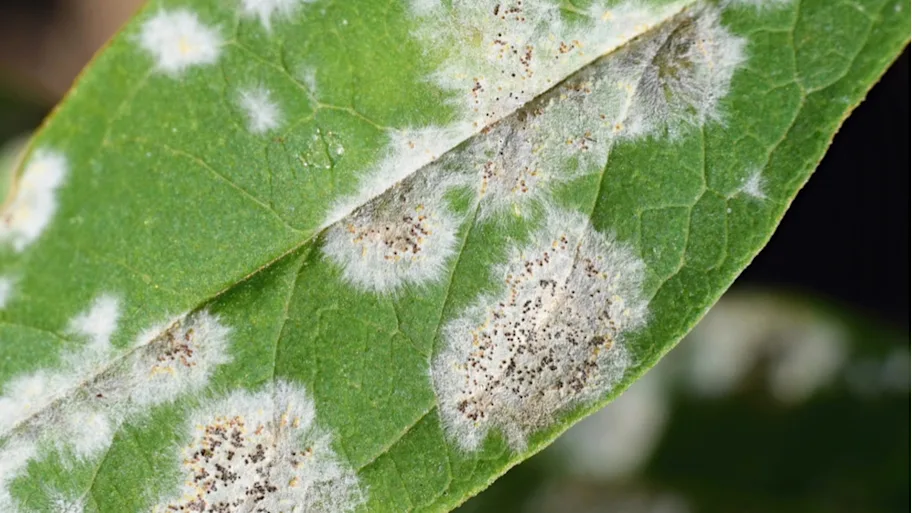
- Science news
- Frontiers news
- Fungal Disease Awareness Week brings undiagnosed infections and anti-fungal drug resistance to light
Fungal Disease Awareness Week brings undiagnosed infections and anti-fungal drug resistance to light

In recognition of Fungal Disease Awareness Week, Frontiers in Cellular and Infection Microbiology are encouraging readers to #ThinkFungus.
Fungal infections can go undiagnosed, increasing the risk of ineffective treatment and morbidity for patients, according to the Centers for Disease Control and Prevention. In addition, through the rise of antifungal drug resistance, treatment is becoming harder as has been previously discussed by our Chief Editors Joseph Heitman and Anuradha Chowdhary.
Research encompassing how fungi interact with the host is essential in the war against these pathogens. Published just this year within our Research Topic: Fungal Pathogenesis and Drug Resistance, Weiss et al. explore how immune cells interact during infection with the significant human pathogen, Aspergillus fumigatus.
This work underlines the importance of understanding the complexity of the molecular interactions involved in fungi-host interactions. Investigations into the treatment of fungi, such as a study conducted by Romo et al., are essential for combatting resistant infections. These authors explore the properties of a small molecule drug-like compound that may prove an exciting lead as an anti-virulence agent against Candida albicans.
If your research is contributing to the fight against these pathogens, consider contributing to these open Research Topics:
Our Specialty Section, Fungal Pathogenesis, publishes high quality research committed to thwarting fungal scourges of the planet and is accepting submissions. Submit your manuscript and follow Frontiers in Cellular and Infection Microbiology on Twitter to get the latest updates.






